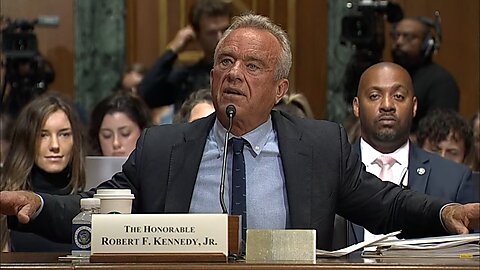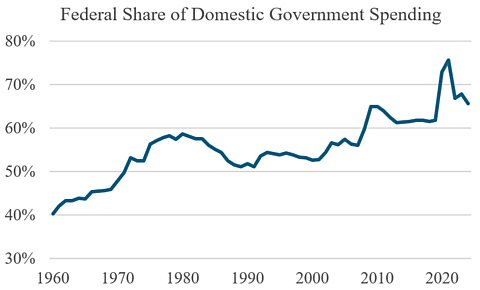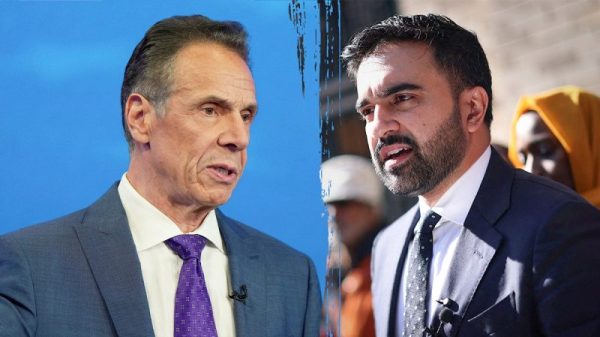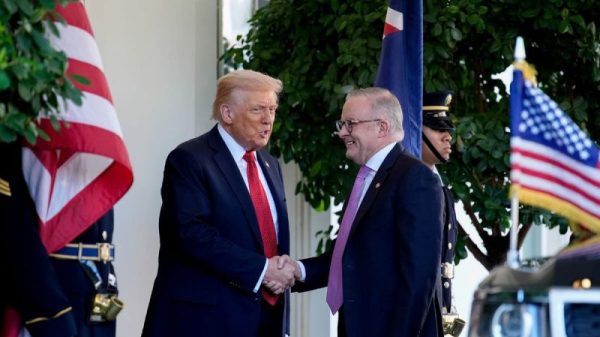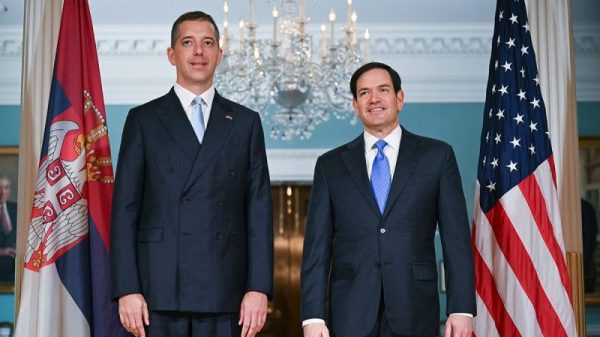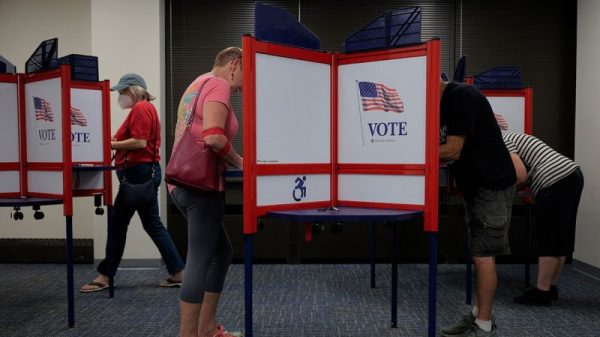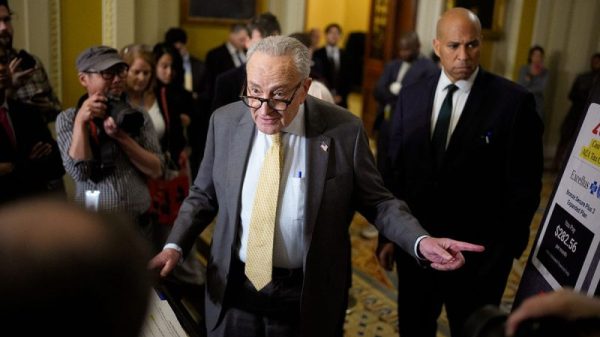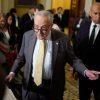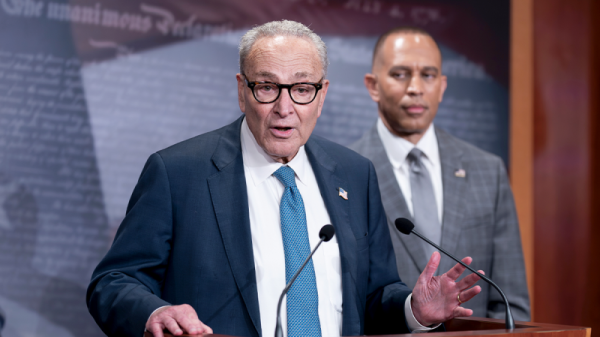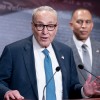Argentines will vote in critical midterm elections this Sunday, October 26, in what is being viewed by many as a referendum on President Javier Milei’s libertarian reform agenda amidst market turbulence and a $20 billion financial rescue package from the United States. How well has Milei done, what explains the current economic instability, and what’s at stake in the elections?
First, in the almost two years that Milei has been in office, he has accomplished a lot more than what most people expected and has achieved an impressive record of success (as Marcos Falcone and I discuss here). Milei inherited one of the world’s least free economies that was in severe crisis and headed to hyperinflation and default. Almost immediately, he cut spending and balanced the budget. Annual inflation fell from 211 percent in 2023 to 32 percent now; growth returned in the second half of last year, and the poverty rate declined significantly, pulling 11 million people out of destitution.
Milei has also engaged in extensive deregulation across many sectors in what has amounted to about two such reforms per day since he’s been in office. Other reforms include cutting dozens of taxes and lifting numerous trade barriers, and some capital controls.
So, if Milei has been so successful, why the recent economic instability? The main cause is that, in the run-up to the midterm elections, the populist Peronist opposition has deliberately stirred turmoil by passing bills that threaten the country’s hard-won fiscal balance and by overriding several presidential vetoes of such measures. Fiscal irresponsibility has been at the center of Argentina’s chronic crises, so the market is understandably spooked by the Peronists’ renewed assertiveness; it is the Peronists, after all, whose economic mismanagement led to the latest crisis that Milei has been trying to dig out of.
The worry is all the more justified because the resulting economic instability negatively affects the electoral prospects of Milei’s party to some degree. And the idea that the Peronists—with their governing philosophy of uncontrolled spending and undisciplined monetary policy—would strengthen their political hand makes Milei’s agenda less viable. Rather than it being a referendum on Milei’s reforms, the current economic instability mostly reflects a fear that the Peronists will derail reform and, at worst, destroy the economy again.
This political dynamic, however, does not exonerate the government from any responsibility for the current situation. From the beginning of Milei’s administration, it chose to stabilize the economy first and then to follow through on other reforms. Maintaining a government-managed exchange rate has been a key part of that strategy. Unfortunately, that has required increasingly frequent episodes of government interventionism to support the peso—through higher interest rates, greater reserve requirements, or the use of scarce reserves needed for future debt repayments, for example—which in turn has slowed the economy.
Had Milei earlier implemented his central campaign promise of dollarizing the economy, the current instability could have been avoided. The Peronists might still threaten fiscal sabotage, but in a dollarized economy with no central bank, as Milei proposed, there are limits to fiscal recklessness, and such irresponsibility doesn’t lead to currency instability that wreaks havoc on the economy. Ironically, if Milei’s party underperforms in the midterm elections, it will in part be due to his government’s managed-exchange-rate system rather than to a free-market system.
Fortunately, Milei has continued to promise to shut down the central bank and allow Argentines to use the currency of their choice, although it is unclear when or how this would happen. If anything, however, the midterms have shown that making that kind of credible institutional commitment to stability is urgent, no matter what the outcome of the elections.
Milei has accomplished a lot in the face of considerable political constraints. His party only holds about 15 percent of the seats in Congress. For Milei to continue the vast reform agenda that Argentina needs, his party (or his party and those allied) will have to get a third of the seats plus one in either house—enough to prevent the opposition from overriding presidential vetoes.
As Argentines go to vote this Sunday, they will be deciding to what extent Argentina will leave its troubled economic past behind.


